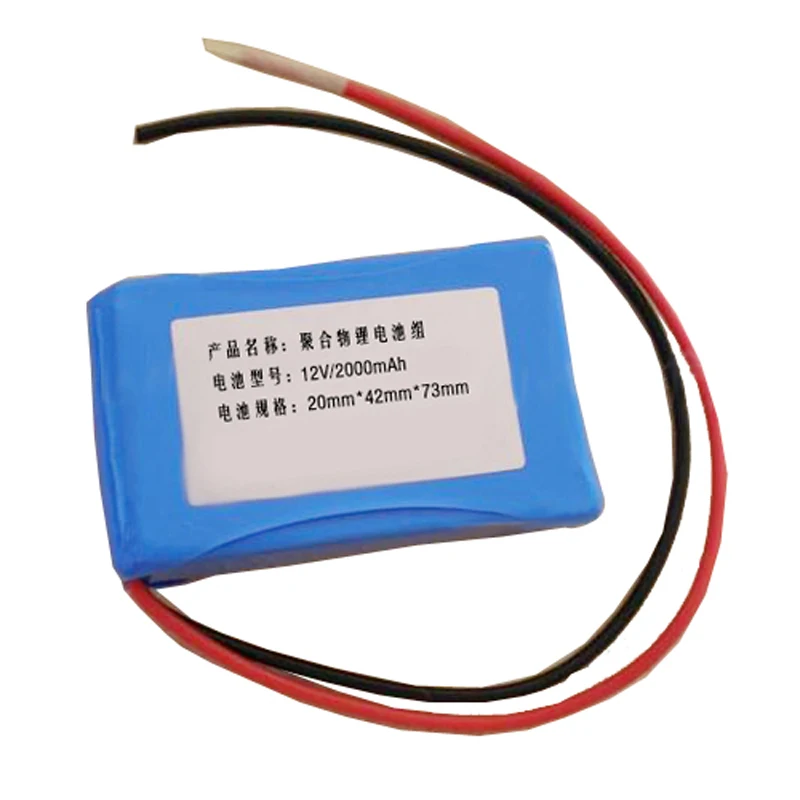
Additionally, consider using a battery storage case or pouch for added protection. Store the battery in a cool, dry place, away from direct sunlight and extreme temperatures. Q: How do I properly store a 12V lithium ion battery?Ī: Ensure the battery is charged to around 40-60% of its capacity before storing it. It is crucial to use chargers and devices that have built-in protection circuits to prevent these situations. Q: Can I overcharge or over-discharge a 12V lithium ion battery?Ī: Overcharging or over-discharging a lithium ion battery can be detrimental to its performance and lifespan. Some equipment may have unique power requirements or may not be designed to work with lithium ion batteries. Q: Can I use a 12V lithium ion battery in all devices that require a 12V power source?Ī: While 12V is a common voltage requirement, it’s essential to ensure compatibility with your specific device. Generally, these batteries can last between 2 to 10 years. Q: How long does a 12V lithium ion battery last?Ī: The lifespan of a 12V lithium ion battery depends on various factors, including usage patterns, charging/discharging cycles, and operating conditions. Some batteries perform better in cold or hot environments. Temperature Range: Check the battery's temperature range specifications, especially if you plan to use it in extreme weather conditions.
#12v lipo battery monitor circuit portable
Lighter and smaller batteries are often preferred for portable applications. Weight and Size: Evaluate the battery's weight and size to ensure it fits your device or system comfortably.Some batteries offer fast charging capabilities, reducing downtime. Charging Time: Assess the battery's charging time, especially if you frequently need quick power-ups.Rechargeable batteries offer cost savings but may require a dedicated charger. Rechargeability: Consider whether you need a rechargeable battery or if single-use (non-rechargeable) batteries will suffice.These safeguards prevent damage to both the battery and your devices. Protection Features: Look for batteries with built-in protection features such as overcharge, over-discharge, and short circuit protection.Some batteries may require additional accessories or modifications for compatibility. Compatibility: Check if the battery is compatible with your specific device or system.Quality: Invest in a reputable brand and a battery that meets industry standards for quality, such as UL certification.Voltage: Ensure that the battery has a voltage rating of 12V, as this is the standard for most devices and systems that use this type of battery.

Look for the ampere-hour (Ah) rating to gauge the battery's capacity.

Capacity: Determine the capacity you require based on the power needs of your device or system.When purchasing a 12V lithium ion battery, keep the following factors in mind: They have a wide range of applications, including powering electric vehicles, solar energy systems, and portable electronics.With low self-discharge rates, lithium ion batteries retain their charge for longer periods, ensuring readiness when you need them.These batteries are lighter in weight, making them easier to handle and transport.



 0 kommentar(er)
0 kommentar(er)
